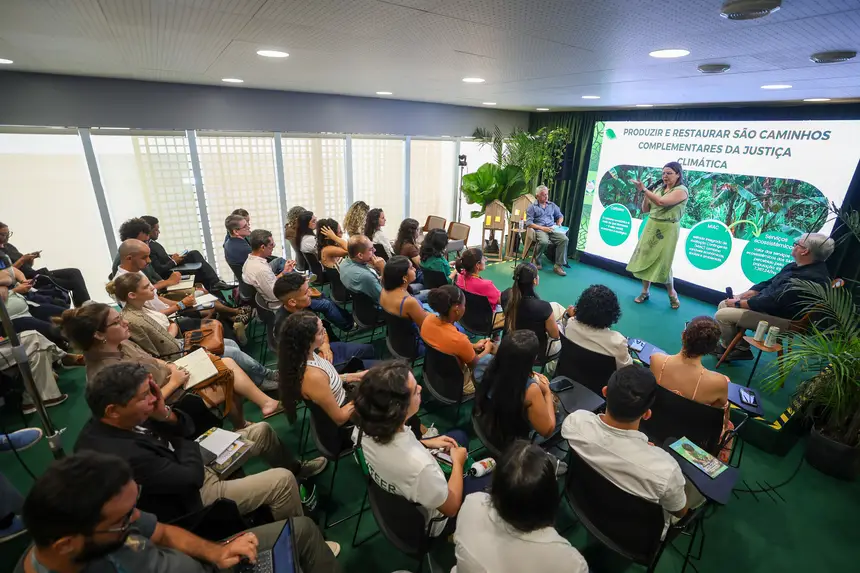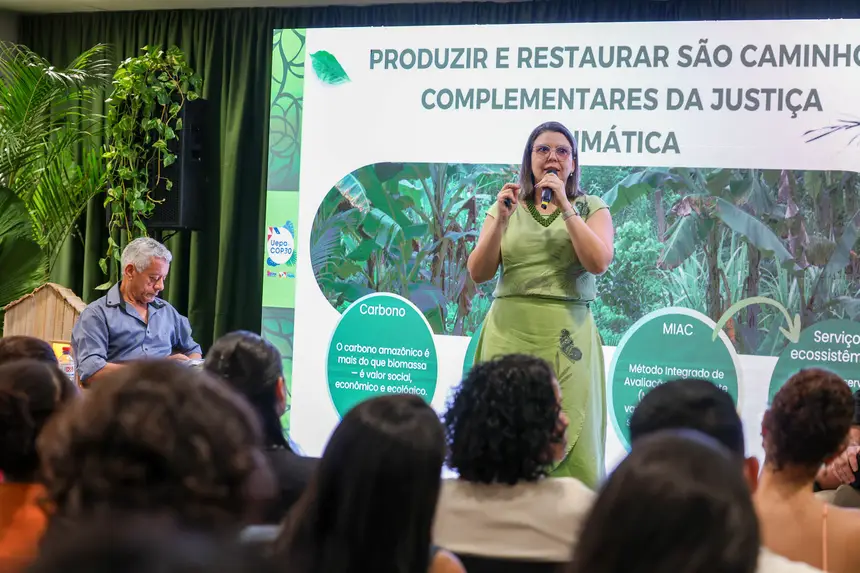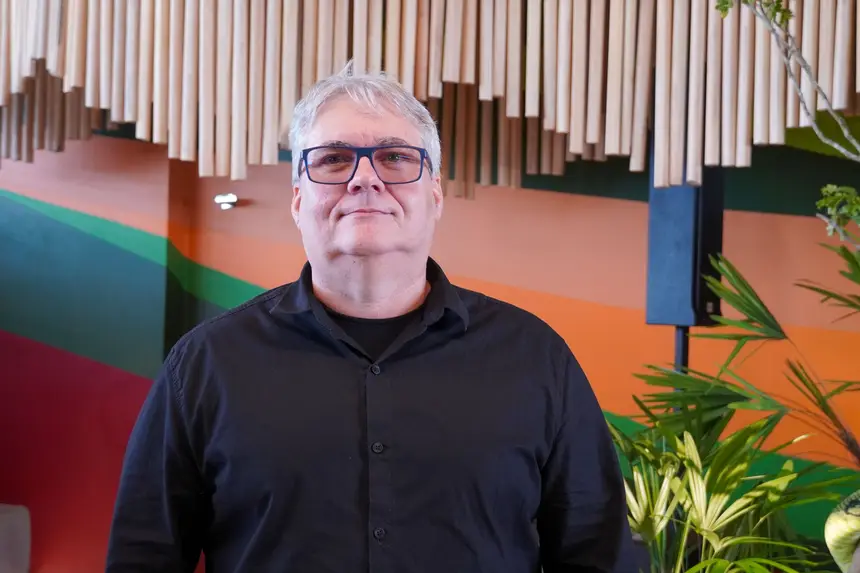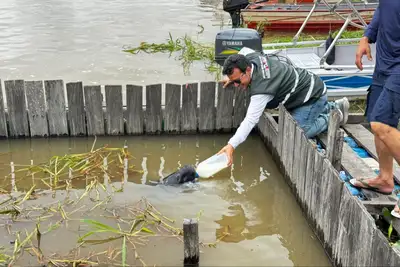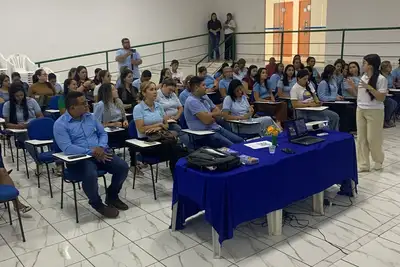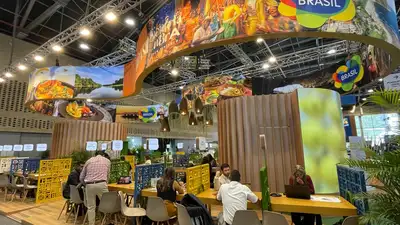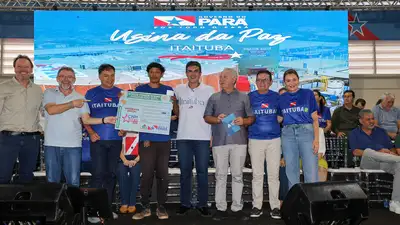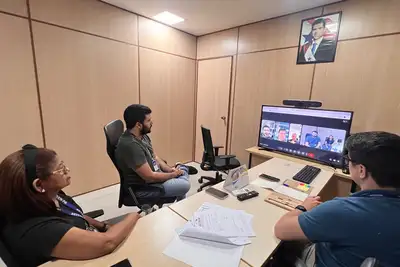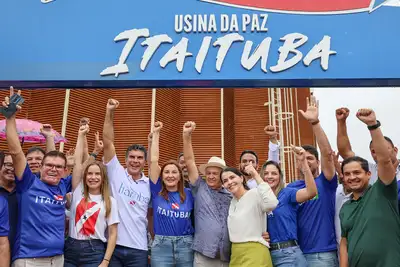Panel highlights the role of Amazonian science in carbon measurement and ecosystem valuation
One of the highlights was the advancement of technologies in the area, such as the use of drones in specific areas
With the aim of discussing methods for measuring forest carbon and CO₂ emissions, relating science, bioeconomy, and climate policies to promote a sustainable and just transition in the Amazon, the panel "Amazonian Carbon Science: Methodologies, Valuation, and Restoration for a Just Climate Transition" was held on the morning of this Wednesday, the 12th, at Pavilion Pará, in the Green Zone of the United Nations Conference on Climate Change (COP30).
Coordinated by Professor Éder Oliveira from the State University of Pará (Uepa), the debate featured the participation of Gilmara Maureline Teles da Silva de Oliveira from the Federal Rural University of the Amazon (Ufra), Antônio Cordeiro de Santana from the Federal University of Pará (UFPA), and Rafael de Paiva Salomão from the Emílio Goeldi Museum (MPEG).
In addressing research on the quantification of plant biomass, carbon stock, environmental valuation, and CO₂ emissions, applying technical knowledge to the formulation of policies and climate mitigation strategies, Professor Éder highlighted the advancement of technologies in the area, such as the use of drones for carbon measurements in specific areas.
According to him, the scientific data obtained demonstrate that forests are worth more standing than cut down, aiding in the measurement of the economic and ecological value of ecosystems. "From these metrics, we can establish real values for environmental services. Thus, those who preserve can be compensated for it. This was the focus of our panel: to show that it is possible to measure, value, and, based on that, encourage conservation," the professor explained.
He further emphasized that a preserved tree has much more value than when it is cut down. "A standing tree is worth almost five times more, in market terms, than a tree cut for timber sales. Just the carbon it stores already represents a higher value, not to mention other ecosystem services that are lost when deforestation occurs," he reinforced.
Among the participants, Áurea Almeida, a doctoral student in Geography at the Federal University of Bahia (UFBA), highlighted the importance of understanding different perspectives on the carbon market. "It is essential to understand all sides and start from reality to learn. The panel was very beneficial in showing the diversity of studies and research on ecosystem services and their erasures. Although I have reservations regarding pricing, it is important to understand where these environmental agendas come from," she stated.
She also added that this is the time to include the populations that live from the forest in the debates and decisions. "Care must be taken with speeches and promises, so that there is a balance between what is expected and what can actually happen," she observed.
Concluding the panel, Professor Éder emphasized that the reconciliation between production and preservation is the possible path for sustainable development. "Agricultural expansion and food production can coexist with environmental preservation. The essential thing is balance. Researching, dialoguing, and listening to the parties involved is what really makes us advance. Being here at Pavilion Pará, with space to debate, expose, and be heard, is exactly what we need," he concluded.



